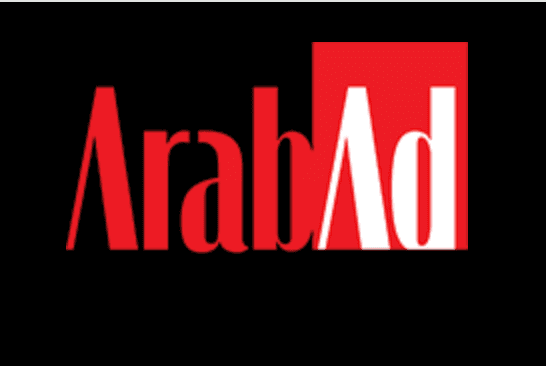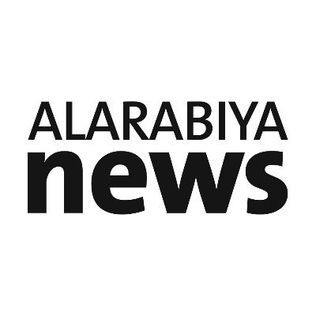When the Red Sea International Film Festival rolled out the red carpet for the first time in 2021, it was one of the clearest indicators yet of Saudi Arabia’s surge towards liberalisation. Held just three years after the kingdom allowed cinemas to reopen, the festival was defined as much by glamour and galas as it was by uncensored films and bumper audiences. For even the most optimistic, such an event had been unthinkable just a few years earlier.
Now a staple of the country’s events calendar, the festival’s third edition kicked off in Jeddah on 30 November, with the world premiere of Yasir Alyasiri’s HWJN. It is far from alone. The film festival sits alongside a growing number of globally recognised events, including the Saudi Arabian Grand Prix, music festivals such as MDL Beast’s Soundstorm, and the Royal Commission for AlUla’s Winter at Tantora, an annual festival of culture, art, and music.
“The events industry in Saudi Arabia is poised for exponential growth,” says Majdi Ghraizi, an account director at The Bold Group. “With continued governmental support, increased private sector participation, and the inclusion of technology, I envision Saudi Arabia becoming a great hub for art, culture, and entertainment events in the Middle East. This surge in activity can be attributed to three things, says Ghraizi. Firstly, entertainment and events are pivotal to Vision 2030. Secondly, they are an intrinsic part of the country’s efforts to diversify the economy. Events boost tourism and the participation of local business. They also provide international exposure. All are vital components for a diversified, thriving economy. Thirdly, the richness of Saudi culture screams out to be showcased to the world.
“With the kingdom opening its doors wider to an international audience, there’s been a surge in demand for events and entertainment that showcase Saudi Arabia’s profound cultural heritage,” says Ghraizi. “As the country taps into its deep historical roots, there’s a growing global eagerness to explore the rich tapestry of its past and present.”
A particular focus of attention is art and culture. From Noor Riyadh, a citywide festival of light and art, to Diriyah Contemporary Art Biennale and the plethora of events in between, the belief is that both art and culture are not only crucial for economic growth, but help to showcase the country’s contemporary spirit. The culture sector alone is expected to generate $20 billion a year and create hundreds of thousands of jobs as part of Vision 2030.
“We are witnessing Saudi Arabia’s renaissance as a globally recognised destination at the forefront of innovation and creativity in arts and culture – and the region of AlUla is a crucial catalyst in this,” says Nora Aldabal, executive director of arts and creative industries at the Royal Commission for AlUla. “AlUla has always been a hub for the arts – from the monumental creations of ancient civilisations to the abundant creativity of AlUla’s community today. This legacy of creation is expanding through major cultural projects such as Wadi AlFann, Desert X AlUla, AlJadidah arts district, a new contemporary art museum, Madrasat Addeera art and design centre, international artist residencies, and more.”
AlUla is central to much of what the country is trying to achieve in terms of art and culture. It is not only holding events and organising artists’ residencies, it is investing in public art commissions and constructing museums. In May, it signed an agreement with France’s Centre Pompidou to develop a museum for regional and international contemporary art. “The development of AlUla is informed entirely by what exists in AlUla itself – namely its natural and cultural heritage, which the Royal Commission for AlUla is revealing through the lens of contemporary art,” explains Aldabal. “Artists today are adding new layers to this cultural legacy through a multitude of perspectives and approaches to creativity, and the region will be a living museum, which inspires creativity through artworks that respond to the monumental landscape.”
The ecosystem that makes these events possible includes everyone from government organisations and PR firms, to experiential agencies and brands. The latter sponsor, promote, and sometimes enrich events, while experiential agencies enable attendees to engage with an event on a much deeper level.
“The relationship between brands, events, PR, and ad agencies in Saudi Arabia is positioned to become more integrated and collaborative,” says Ghraizi. “Driven by data insights, campaigns will merge physical events with digital narratives, offering a seamless brand message. Emphasis will shift towards co-creation, where agencies and brands work closely to craft strategies that resonate globally yet remain deeply rooted in local nuances. This evolution, anchored in consumer-centricity, will redefine how brands communicate and engage in Saudi’s dynamic market landscape.”













